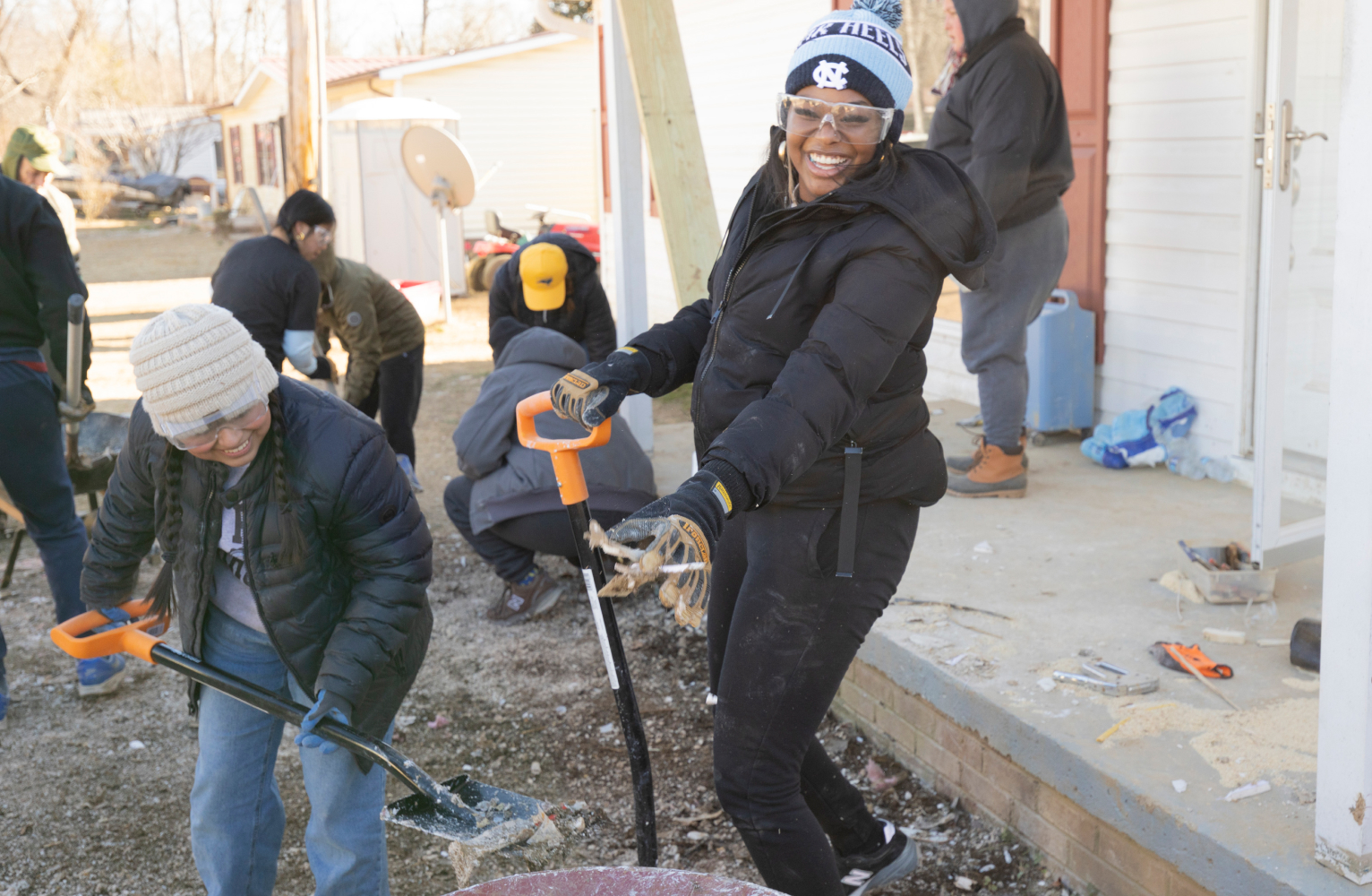 Waleed Ziad, assistant professor of religious studies and Ali Jarrahi Fellow in Persian Studies, wants to show the cultural diversity along the Afghanistan-Pakistan border as well as preserve and share its wealth of literature and artifacts.
Waleed Ziad, assistant professor of religious studies and Ali Jarrahi Fellow in Persian Studies, wants to show the cultural diversity along the Afghanistan-Pakistan border as well as preserve and share its wealth of literature and artifacts.
With support from a Modern Endangered Archive Program (MEAP) grant from the UCLA Library, Ziad and Rustin Zarkar, UNC Middle East and Islamic Studies Librarian, are working with a team of local librarians, graduate students, historians and archive custodians on site to digitize and catalog endangered Sufi archives of the 20th and 21st centuries along the Afghanistan-Pakistan border.
The rich sacred materials housed there include locally produced biographies and letters, poetry, texts on subjects ranging from magic to metaphysics, art from shrines and monasteries and anti-extremist posters in the Persian, Pashto, Arabic and Urdu languages.
Although the varied artifacts are housed primarily in Sufi shrines and monasteries, they embody the broader cultural, political and economic landscape of an area that was central to a large trans-national network of religion and communication — much as the Vatican Library preserves age-old information about science as well as faith, Zarkar explained.
While the digital files ultimately will become available worldwide, the materials will not leave home. This post-custodial model, as it is known, allows the people who have the greatest stake in the materials to care for and hold onto them.
Within the first six weeks alone, the team digitized more than 10,000 pages from library collections as well as shrine artifacts and gravestone art. When the two-year project is complete, the digital assets will be housed on a new interactive multilingual English, Persian/Dari and Urdu website that walks users through the sacred geography and history of the shrines and monasteries.
Read the complete Carolina Story
Related Stories

 Waleed Ziad, assistant professor of religious studies and Ali Jarrahi Fellow in Persian Studies, wants to show the cultural diversity along the Afghanistan-Pakistan border as well as preserve and share its wealth of literature and artifacts.
Waleed Ziad, assistant professor of religious studies and Ali Jarrahi Fellow in Persian Studies, wants to show the cultural diversity along the Afghanistan-Pakistan border as well as preserve and share its wealth of literature and artifacts.

